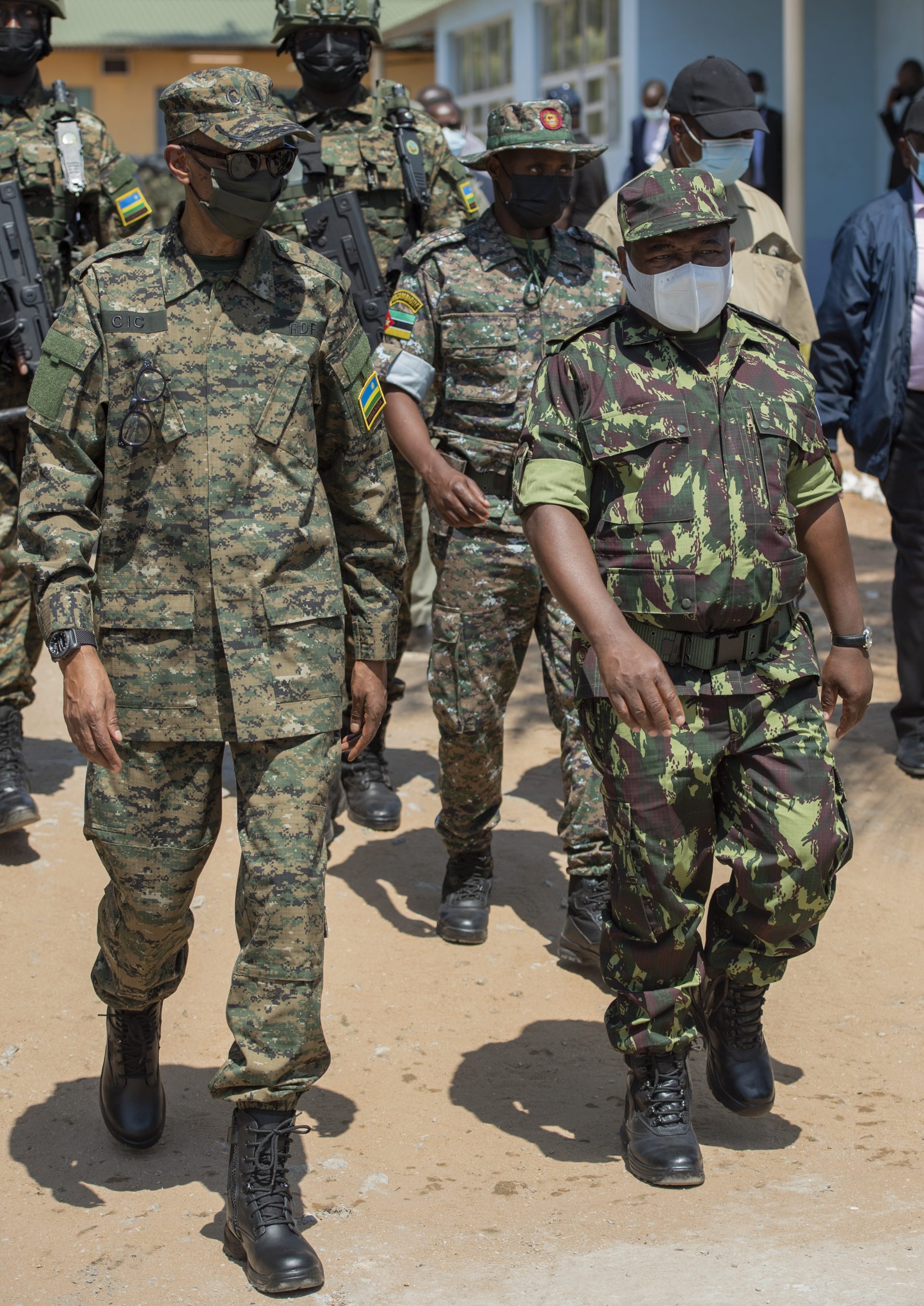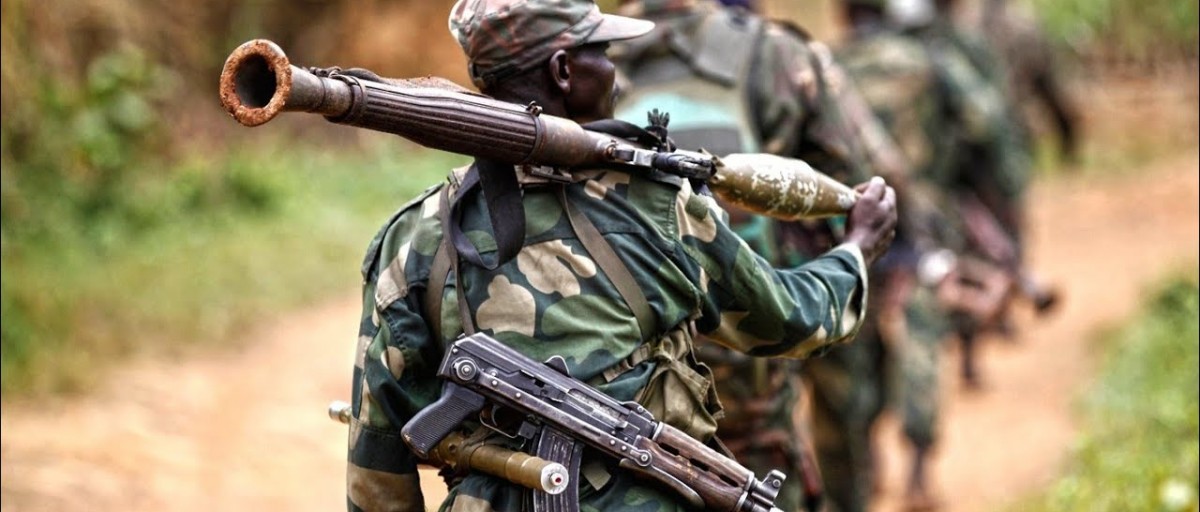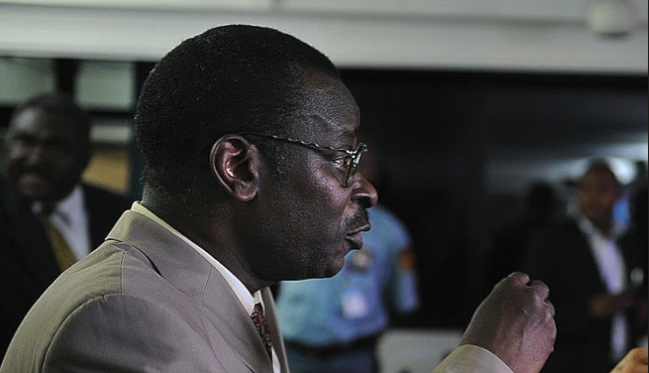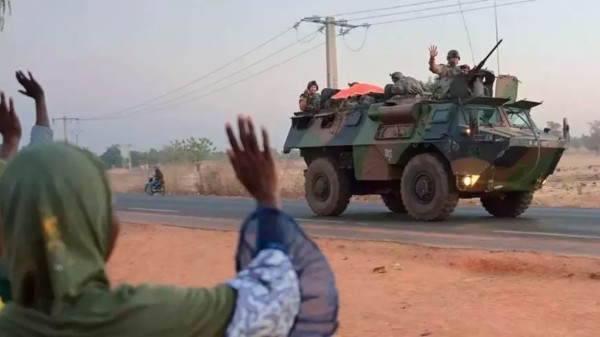International
Canadian genocide denier Robin Philpot worries no country wants to shelter mass-murderers
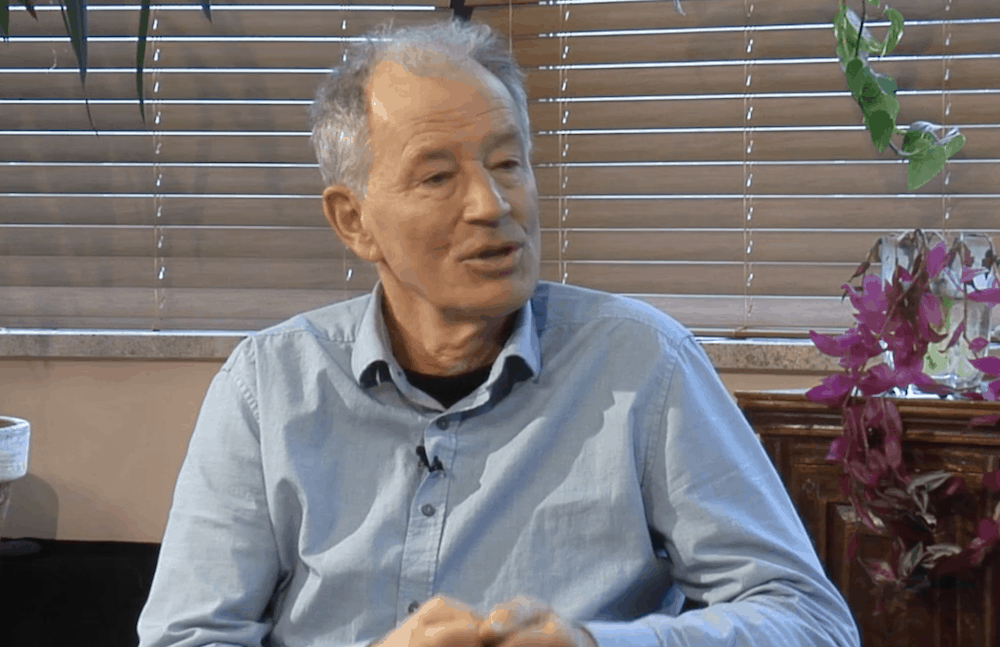
Western
genocide deniers continue to flirt with Rwanda’s worst criminals: men and women
accused of perpetrating the massacres of more than one million Tutsi in 1994.
Robin
Philpot, a Toronto-based staunch genocide denier, recently regretted that no
country in the world is willing to accept on its soil nine such Rwandans who are
currently in limbo.
Writing in the Reseau International on February 16, Philpot exposed his pro-genocidaires infatuation by comparing the way these convicts were moved from country to country to old penal colonies. Therefore, he chose an evocative headline “Retour aux colonies pénales” (Return to penal colonies).
A penal colony or exile colony is a settlement used to exile prisoners and separate them from the general population by placing them in a remote location, often an island or distant colonial territory.
In the same article, Philpot laments: “In brief, as during the time of penal colonies, the Mechanism/UN is dragging around acquitted or freed Rwandans from one African country to another where they are under surveillance, without hope of re-joining their families, always fearful of being sent to Rwanda or a certain Devil’s Island.”
These people who stand accused of playing a leading role in the extermination of the Tutsi in 1994, were initially granted right to settle in Niger. But in a sudden change of mind, Niger expelled them back to Arusha, Tanzania, at the former ICTR headquarters.
But
things are not getting any better for these pariahs. It’s reported that the
Tanzanian government which hosted them for many years on its territory has now
decided not to receive them.
The
Rwandan government always declared its willingness to welcome them back home
and to ensure their security as it does for all its citizens.
Maybe they fear that they may be asked to answer for the crimes they have already been tried for. However, the Rwandan government pledged to respect the double jeopardy principle, according to which these convicts cannot be prosecuted or punished for the same offenses.
Philpot is being disingenuous. Rwanda never pursued any of the convicts and has always shown willingness to welcome home all its citizens. Their fear for returning to their homeland is unfounded.
They should learn a lesson from Maj Bernard Ntuyahaga, who was accused of murdering former Rwandan Prime Minister Agathe Uwilingiyimana, 10 Belgian paratroopers and several civilians during the genocide. After serving 20 years in prison in Belgium, Belgian authorities extradited Ntuyahaga to Rwanda at the end of 2018. Initially, his family feared for his life. But he is fully reunited with his family, and reintegrated into the community.
If Rwanda did no harm to Ntuyahaga, the fear of the nine convicts is misplaced.
In the same article, Philpot lambasts the ICTR for not having also tried members of the Rwandan Patriotic Army (RPA) who he said committed war crimes. He labels the trials of the genocide suspects as the victor’s justice. This is the same argument often evoked by genocide apologists and genocide sympathisers. In his opinion, it would have been okay for the ICTR to put on the same footing the perpetrators of the genocide with those who fought to stop it.
It
is surprising that in his misguided attempt to fool people, he bemoans the fact
there was no investigation in the shooting down of the plane carrying President
Juvenal Habyarimana, and his Burundi counterpart Cyprien Ntaryamira on April 6,
1994.
But
the French Cassation Court recently dismissed this allegation in a landmark
trial in Paris. Why is he bringing it back again?
A
simple search reveals that Philpot is one of those staunch deniers. This diehard
denier is said to have called into question the testimony of Roméo
Dallaire on the genocide against the Tutsi. Gen Dallaire was
commander of the UN Mission in Rwanda during the genocide against the Tutsi and
is better placed to know the truth than Philpot who has probably never set foot
on Rwandan soil.
Philpot
is the brother of the Montreal lawyer
John Philpot, who represented Jean-Paul
Akayesu and other defendants accused of genocide and crimes
against humanity at the trials conducted by the International Criminal Tribunal for
Rwanda.
Akayesu
faced 15 individual charges, including: genocide; complicity in genocide;
direct and public indictment to commit genocide; extermination; murder;
torture; cruel treatment; rape; other inhumane acts and outrages upon personal
dignity; and crimes against humanity. He was the first genocide suspect found
guilty of committing rape as a genocide crime.
Philpot
is fully committed to fighting for rights of convicts nobody is willing to
offer permanent residence.
It
is cynical to call for the reunification with their families in the West. Many genocide survivors find
Philpot’s plea outrageous. They believe that these wicked people don’t deserve
such a luxury, given the fact they perpetrated horrendous crimes including
decimating entire families.


